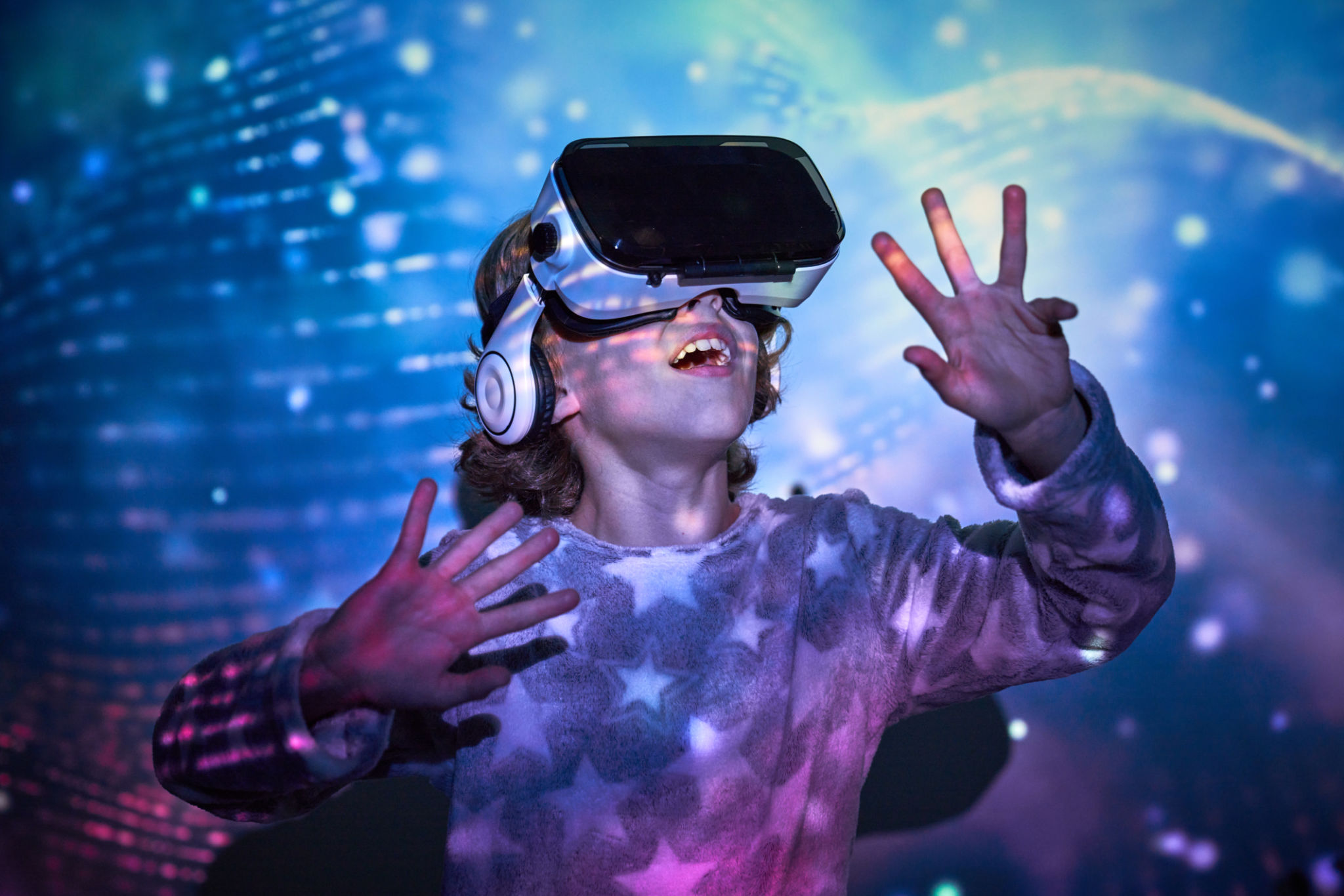Unleashing Creativity: How Virtual Reality Workshops for Kids Foster Innovation
The Rise of Virtual Reality in Education
In recent years, technology has revolutionized the way education is delivered, making learning more engaging and interactive. Among the many innovations, Virtual Reality (VR) stands out as a transformative tool, particularly in fostering creativity and innovation among children. By immersing students in a three-dimensional world, VR workshops offer a unique platform for experiential learning that goes beyond traditional classroom boundaries.
VR workshops for kids provide an opportunity to explore environments and scenarios that would be impossible or impractical in the real world. This not only enhances their understanding of complex concepts but also stimulates their imagination and curiosity. As schools and educational institutions increasingly adopt VR technology, the potential for fostering innovation among young learners is immense.

Encouraging Creative Problem-Solving
One of the most significant benefits of VR workshops is their ability to encourage creative problem-solving. By placing children in immersive, interactive environments, these workshops challenge them to think critically and devise innovative solutions to problems. Whether it's navigating a virtual maze or designing a futuristic city, VR experiences push children to use their creativity in new and exciting ways.
Moreover, VR workshops often incorporate gamification elements, which make learning more enjoyable and motivating. Games and challenges within the VR environment require students to apply their knowledge and skills in real-time, promoting active engagement and deeper understanding.

Building Teamwork and Collaboration Skills
In addition to fostering individual creativity, VR workshops also offer opportunities for teamwork and collaboration. Many virtual reality activities are designed for group participation, encouraging students to work together toward a common goal. This collaborative aspect helps children develop essential social skills such as communication, negotiation, and empathy.
By working in teams, children learn to appreciate diverse perspectives and collaborate effectively to achieve shared objectives. Such skills are invaluable in today's interconnected world, where teamwork and collaboration are key to innovation and success.

Enhancing Emotional Intelligence
Another compelling advantage of VR workshops is their potential to enhance emotional intelligence. Immersive VR experiences can evoke strong emotional responses, allowing children to explore and understand their emotions more deeply. By engaging with virtual scenarios that simulate real-world challenges, children can develop greater empathy and emotional resilience.
For instance, role-playing activities in VR can help children understand different viewpoints and cultures, fostering a sense of global awareness and empathy. These experiences contribute to their overall emotional development, preparing them for the challenges of the future.
The Future of Education
As we look to the future, the role of virtual reality in education is poised to expand even further. As technology becomes more accessible and affordable, we can expect VR workshops for kids to become a staple in educational settings worldwide. This shift will not only enhance learning outcomes but also inspire a new generation of innovative thinkers equipped with the skills needed to tackle tomorrow's challenges.
By integrating VR into educational curriculums, educators can create immersive learning experiences that are both impactful and enjoyable. As a result, students will be better prepared for the rapidly changing world, equipped with the creativity, collaboration skills, and emotional intelligence necessary for success.
